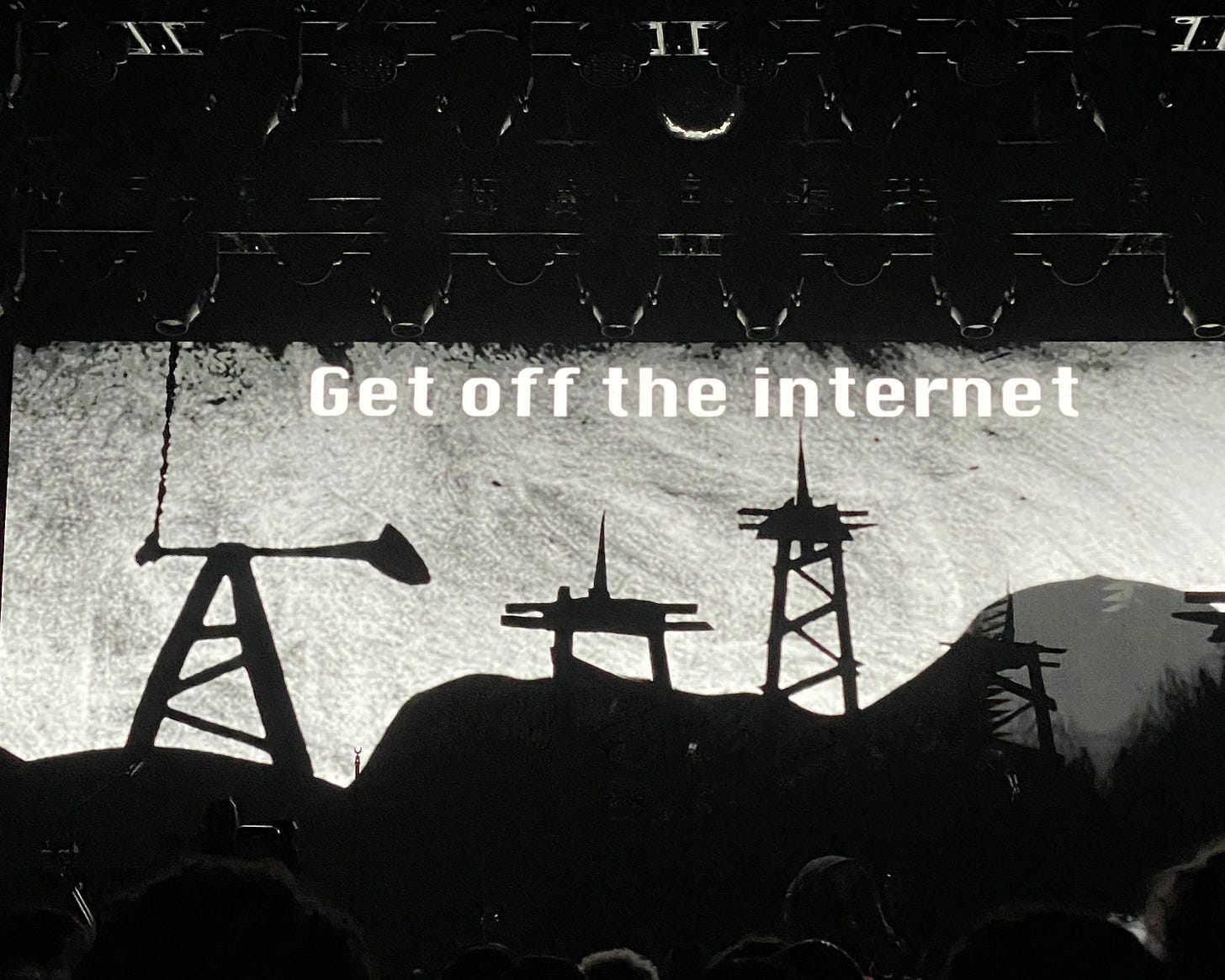How To Take A Sabbatical From Your Business
Founders and creatives who have had any sliver of success are great at taking action in imperfect conditions. But when it comes to taking time off, it's harder to get it done.
Founders and creatives who have had any sliver of success are great at taking action in imperfect conditions. We've learned to push through, ship messy, iterate, be cringe.
But as soon as the topic turns to taking a break, or going on vacation, or gasp taking a five week sabbatical, we hedge, saying we'll do it later, after this next launch, after the next round is raised, or after our dog stops chewing things she shouldn't.1
We reach for the idealized, Platonic form of a vacation where you get everything you want and none of what you don't want, where the phone never rings, where you can leave your laptop at home! Your children won't scream, your plane won't be delayed, and you'll achieve a mythical ascension on this here earth.
This desire for perfection, a tendency to hold out until the conditions are just right, prevents founders and creatives from getting the rest that we need.
I'm writing to you fresh from my second semi-sabbatical in as many years. I took five weeks kind of mostly off from work! What! I'm also writing to you in the one week that I am working before heading to Paris for vacation, because that sounds like more fun than working more. I am writing to you as someone who has very little personal savings and who recently blew up her primary revenue stream and and who was severely overbooked this spring and who has fully succumbed to the idea of imperfect rest, to the good-enough time off, to the vacation with the cell phone in hand.
So how did I do it? Am I broke now? Did I fix myself? All this and more in the words below!
Create A Minimal Viable Business
The most important thing you can do to facilitate taking time off is to create a business that supports flexibility all the time, not just when you need it.
I introduced this as the concept of Minimal Viable Business on my old podcast a million years ago. My work on this stems from my experiences with chronic health issues, and the fact that so many of my clients are disabled, chronically ill, and neurodivergent.2 The idea is simple: you have to know what the bare minimum is to keep your business alive, and be able to flip the switch to the minimum when necessary.
If your baseline business is something that allows for flexibility, then you will have more access to that than if you have to go into a rigid, busting-at-the-seam company and retroactively create space to do less.
As my business has grown, I've honed in on the primary things that facilitate this flexibility for me:
I run a four-day workweek with Friday fully off from client communication. Sometimes I'll use this day to catch-up on work, especially if I've been sick or had some brain down days. But I never do email or respond to clients.
Keep reading with a 7-day free trial
Subscribe to Think Piece to keep reading this post and get 7 days of free access to the full post archives.





